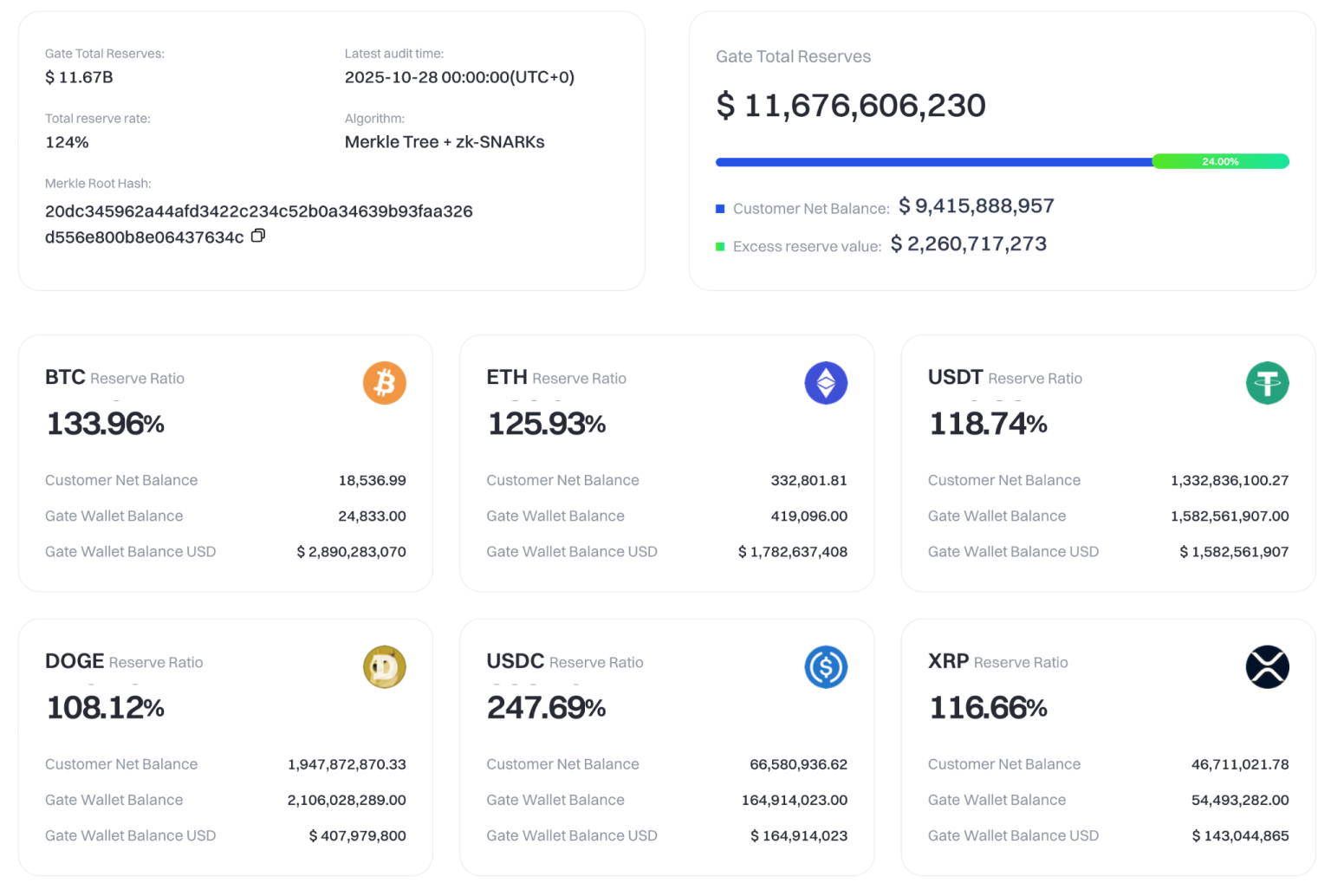
Bitcoin Core has successfully completed its first public third-party security audit in the software’s 16-year history, with auditors finding no critical or high-severity vulnerabilities in the reference implementation that secures trillions of dollars in network value.
Quarkslab, commissioned by the Open Source Technology Improvement Fund and funded by Brink, conducted the comprehensive 100-man-day assessment between May and September, focusing on the peer-to-peer networking layer, mempool, chain management, and consensus logic.
The audit identified only two low-severity issues and 13 informational recommendations, none of which were classified as security vulnerabilities under Bitcoin Core’s criteria.
Beyond vulnerability detection, Quarkslab developed new fuzzing harnesses for block connections and chain reorganizations, exercising previously untested code paths while proposing enhancements to thread-safety annotations and overall testing infrastructure.
Third-Party Review Validates Network Security
The assessment marked a significant milestone for Bitcoin’s open-source development model, bringing external security expertise to software that has evolved through more than 46,000 commits since Satoshi Nakamoto’s initial 2009 release.
While Bitcoin Core maintains rigorous internal security practices and benefits from continuous community review, the project had never undergone formal evaluation by an independent security firm until Brink initiated this engagement with donor support.
Three Quarkslab engineers, Robin David, Nicolas Surbayrole, and Mihail Kirov, conducted the review with technical collaboration from Brink engineer Niklas Gögge and Chaincode Labs engineer Antoine Poinsot.
David described the experience on X as “both a bless by the code maturity, security culture — and a curse by the challenge it represents,” praising the development team’s work.
The team spent an initial week at Brink’s London office, familiarizing themselves with Bitcoin Core’s architecture and development practices before beginning the technical assessment.
Given Bitcoin Core’s massive codebase and the limited timeframe, auditors concentrated on components representing the primary attack surface, the P2P networking layer, and related systems handling consensus and policy-validation logic.
The 100 audit days were evenly divided among manual code review, dynamic testing using existing Bitcoin workflows, and advanced fuzz testing with alternative approaches that were seldom tested in the codebase.
At the end, Quarkslab delivered a test corpus to improve existing coverage, a Docker image enabling fuzzing campaigns in ensemble settings, and an experimental non-regression testing utility based on Bitcoin’s tracepoints, alongside various experimental fuzzing approaches, including structured and differential fuzzing.
Market Turbulence Meets Security Confidence
Regarding bitcoin price action, Matt Hougan, Bitwise’s Chief Investment Officer, emphasized Bitcoin’s foundational value proposition amid recent market volatility, dismissing the current drop as “short-term noise” that doesn’t affect the crypto’s long-term worth.
“The value of Microsoft’s stock is tied to how many people want its service,” Hougan wrote to clients, adding that “Bitcoin follows the same logic” and noting that “the only way you get the service is to buy the asset.”
He concluded, “In our increasingly digital age, with governments piling up more and more debt, I’m guessing a lot more people will want its service in the future.“
Meanwhile, Michael Saylor also pushed back against concerns that institutional adoption has amplified volatility, telling Fox Business that Bitcoin’s price swings have actually narrowed over time.
“We are getting a lot less volatility,” he said, noting that when Strategy first began accumulating Bitcoin in 2020, the cryptocurrency had annualized volatility near 80%, while today he estimates it has declined to roughly 50%.
Despite the recent market pullback, Saylor remained upbeat, stating “Bitcoin is stronger than ever” and adding that “the company is engineered to take an 80 to 90% drawdown and keep on ticking.“
The audit’s release comes as Bitcoin trades near $91,616 after dropping 12% over the past week, erasing 2025 gains and pushing the average spot ETF investor into negative territory for the first time.
Gemini co-founder Cameron Winklevoss told investors that Bitcoin under $90,000 may represent a last chance to buy before the next leg higher.
However, analysts remain split on whether the sell-off signals a deeper correction or temporary macro-driven pressure.





